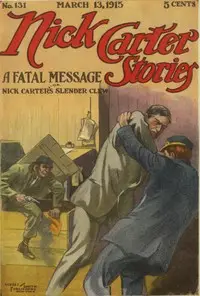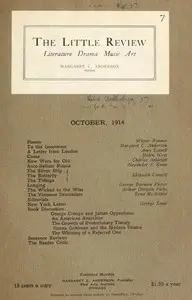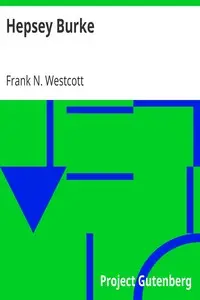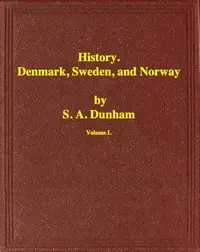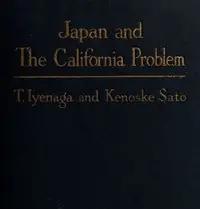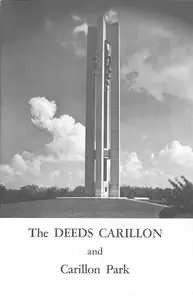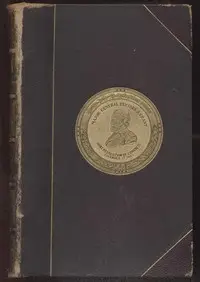"Reminiscences of Forts Sumter and Moultrie in 1860-'61" by Abner Doubleday is a historical account written in the late 19th century. The narrative provides firsthand insights into the events surrounding the early days of the American Civil War, particularly focusing on the military situations at Fort Sumter and Fort Moultrie. The author recounts the increasing tension in Charleston as the threat of secession loomed, detailing the actions of military personnel and local citizens in response to the unfolding crisis. At the start of the narrative, the author sets the scene in 1860, describing his position at Fort Moultrie alongside a small garrison during a time of rising tensions in South Carolina. He details the challenges faced by the military as they prepared for potential conflict amid a pro-Southern environment, emphasizing the precarious situation of being surrounded by secessionist sentiment. The opening portion illustrates the dynamics between military orders, local political unrest, and the fears of an impending assault while foreshadowing the eventual conflict that would shape the fate of the nation. Doubleday also introduces key figures in his command and discusses the broader political context that set the stage for the clashes to come, highlighting his anxieties about loyalty, the role of the federal government, and the moral complexities of the Civil War era. (This is an automatically generated summary.)
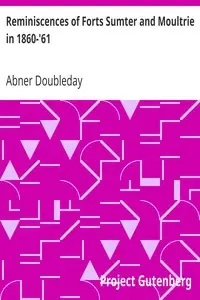
Reminiscences of Forts Sumter and Moultrie in 1860-'61
By Abner Doubleday
"Reminiscences of Forts Sumter and Moultrie in 1860-'61" by Abner Doubleday is a historical account written in the late 19th century. The narrative pr...
Abner Doubleday was a career United States Army officer and Union major general in the American Civil War. He fired the first shot in defense of Fort Sumter, the opening battle of the war, and had a pivotal role in the early fighting at the Battle of Gettysburg. Gettysburg was his finest hour, but his relief by Maj. Gen. George G. Meade caused lasting enmity between the two men. In San Francisco, after the war, he obtained a patent on the cable car railway that still runs there. In his final years in New Jersey, he was a prominent member and later president of the Theosophical Society.





